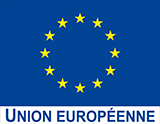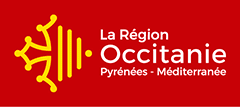Digital technology gives an unprecedented boost to agroecology and sustainable food, supported also by new players combining direct-to-table circuits and zero waste initiatives. Explained by the #Digitag Convergence Institute and 6 companies on September.

Fighting to eliminate waste
Startups in Montpellier have already taken the turn. Panjee focused its innovation on food product information, which is highly sought-after by consumers.
“We created a smart tool that manages all data, from production methods to seasonality to certifications, in a way that makes it easy to connect supply with demand,” summarizes Léonard Matoug, CEO of the young company.
Ecoclimasol develops solutions to predict risks related to weather and climate change, as well as fertilizer products. Athéor invented a unique and unfalsifiable solution for unitary marking, with a first application for glass containers.
Innovations are also multiplying to bring producers and consumers together while fighting against waste, as demonstrated by the three other startups present at the conference. Located at the Montpellier Market of National Interest (MIN), Grand Fruit primarily distributes fruit and vegetables from local farmers, while Label d’Oc produces high-quality preserves using unsold products from its members. Lastly, CityZen Market, a bulk and anti-waste grocery store in downtown Montpellier, fulfills its dual commitment to promote both “local” and “zero waste” concepts.
* The living lab is a participative innovation approach that includes the user.




